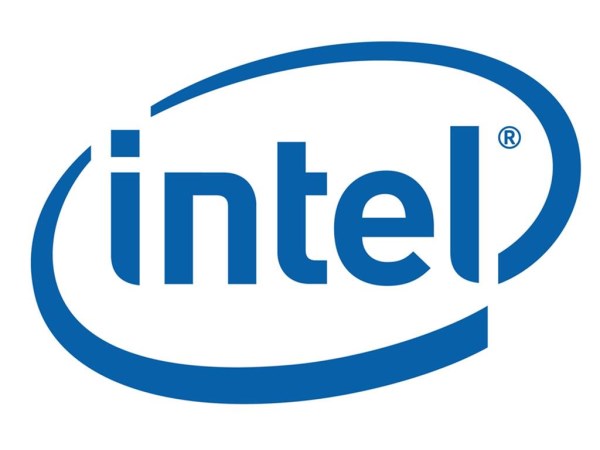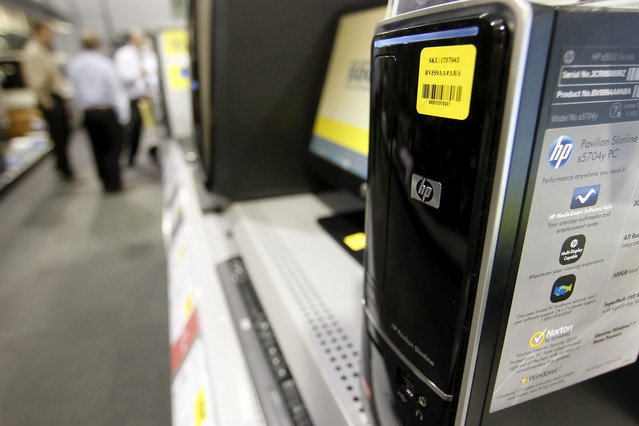Intel has issued a security alert that management firmware on a number of recent PC, server, and Internet-of-Things processor platforms are vulnerable to remote attack.

Using the vulnerabilities, the most severe of which was uncovered by Mark Ermolov and Maxim Goryachy of Positive Technologies Research, remote attackers could launch commands on a host of Intel-based computers, including laptops and desktops shipped with Intel Core processors since 2015. They could gain access to privileged system information, and millions of computers could essentially be taken over as a result of the bug. Most of the vulnerabilities require physical access to the targeted device, but one allows remote attacks with administrative access.
The company has posted a detection tool on its support website for Windows and Linux to help identify systems that are vulnerable. In the security alert, members of Intel’s security team stated that “in response to issues identified by external researchers, Intel has performed an in-depth comprehensive security review of its Intel® Management Engine (ME), Intel® Trusted Execution Engine (TXE), and Intel® Server Platform Services (SPS) with the objective of enhancing firmware resilience.”
Four vulnerabilities were discovered that affect Intel Management Engine firmware versions 11.0 through 11.20. Two were found in earlier versions of ME, as well as two in Server Platform Services version 4.0 firmware and two in TXE version 3.0.
The bugs affect the following Intel CPUs:
- Intel Core processors from the 6th generation (“Skylake”), 7th generation (“Kaby Lake”), & 8th Generation (“Kaby Lake-R” and “Coffee Lake”) families—the processors in most desktop and laptop computers since 2015;
- Multiple Xeon processor lines, including the Xeon Processor E3-1200 v5 & v6 Product Family, Xeon Processor Scalable family, and Xeon Processor W family;
- The Atom C3000 Processor Family and Apollo Lake Atom Processor E3900 series for networked and embedded devices and Internet of Things platforms, and
- Apollo Lake Pentium and Celeron™ N and J series Processors for mobile computing.]
Note: To check if your Windows 7, Window 8 and Windows 10 systems are vulnerable, download this zip file and run the Intel-SA-00086-GUI.exe file inside the DiscoveryTool.GUI folder.
[Continue reading]– Ars Technica












